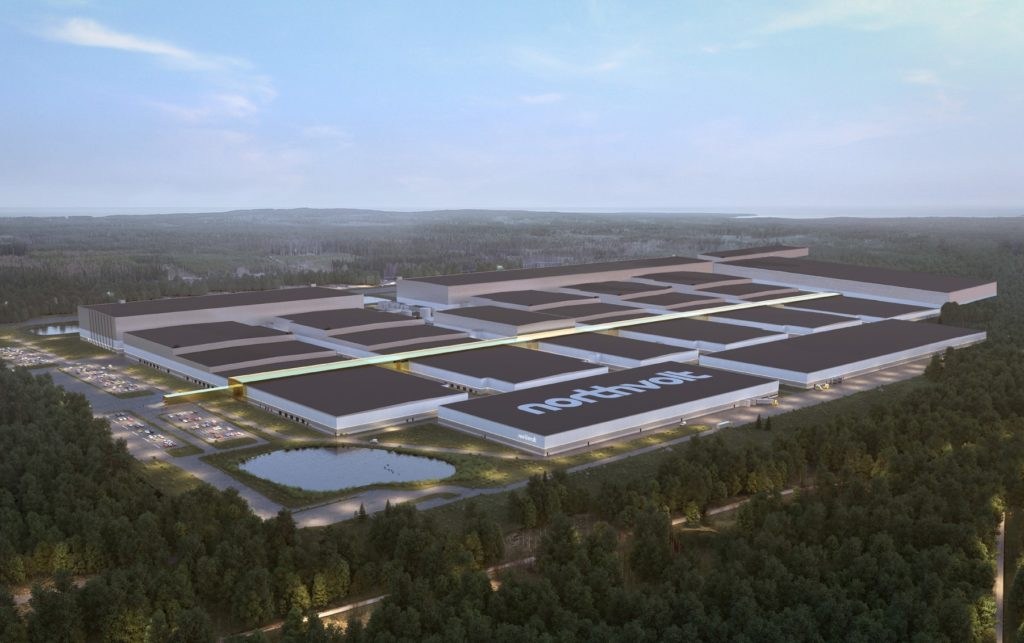The European Commission announced yesterday that the European Investment Bank (EIB) has signed a €$300 million loan agreement with Swedish company Northvolt to support the financing of Europe's first Gigafactory for lithium-ion battery cells.
This is the third time Northvolt, a company founded in 2016, receives funding from EIB. The financing is supported by the European Fund for Strategic Investments and linked to the European Battery Alliance, a network of innovation and industry actors established in 2017 on the initiative of Commission Vice-President Maros Sefcovic.
The Battery Alliance aims at promoting the transition to electric vehicles by developing an independent capacity in Europe, covering the entire value-chain, to produce batteries. Currently Asia provides more than 90% of the world car battery output, half of which comes from China alone.
The new Gigafactory (billion watt) for large-scale battery cell production is currently under construction in Skellefteå in northern Sweden – a region which according to the Commission is home to a prominent raw material and mining cluster. Building the factory in northern Sweden will enable Northvolt to utilise 100% renewable energy within its production processes.
The first Gigafactory will produce 16 GWh of battery capacity per year in its initial phase, to be scaled up at a later stage to potentially 40 GWh. Northvolt plans to target a 25 percent market share in Europe by 2030 with 50 percent of raw material secured from recycled batteries. Its batteries are designed to be used in automotive, grid storage, and industrial and portable applications.
The Commission estimates that to cover the EU demand alone, the battery market requires 20 - 25 Gigafactories to be established in Europe. Today six or seven are reportedly under construction.
Another bottleneck for creating the entire battery value-chain is the availability of raw materials. Currently EU is reliant on imports of primary battery raw materials from third countries. Reportedly, four mining projects totalling €2 billion are underway in Europe and are set to meet up to 80% of Europe’s lithium needs in the battery sector by 2025.
While Europe’s first Gigafactory is being built in Sweden, the country is supporting pilot projects with electric road systems (ERS), where e-vehicles are charged from the road or from overhead lines when driving.
In the beginning of next year, Sweden will decide on next phase, when the most mature power transfer technology will be selected for a demonstration project on a 20 – 30 km stretch of public road. The technology should be safe, effective and economically feasible. It should also fit all kinds of e-vehicles, both passenger cars, buses and trucks, so that the costs can be shared by as many vehicles as possible.
When charging electricity from the grid when driving, batteries can be made much smaller and cheaper. An electric road system eliminates the need for stops for recharging and enables heavy vehicles to utilize battery solutions. For the time being, ERS appears to have been left out in the European Green Deal and all EU support is going to the expansion of stationary charging points.
Update: A spokesperson of the Commission commented (31 July) that Electric Road Systems are eligible for financing under different EU funding instruments, including the Connecting Europe Facility (CEF), provided that the conditions of these instruments are met. So far, no project has been submitted that could have been chosen for financing under the CEF.
M. Apelblat
The Brussels Times

